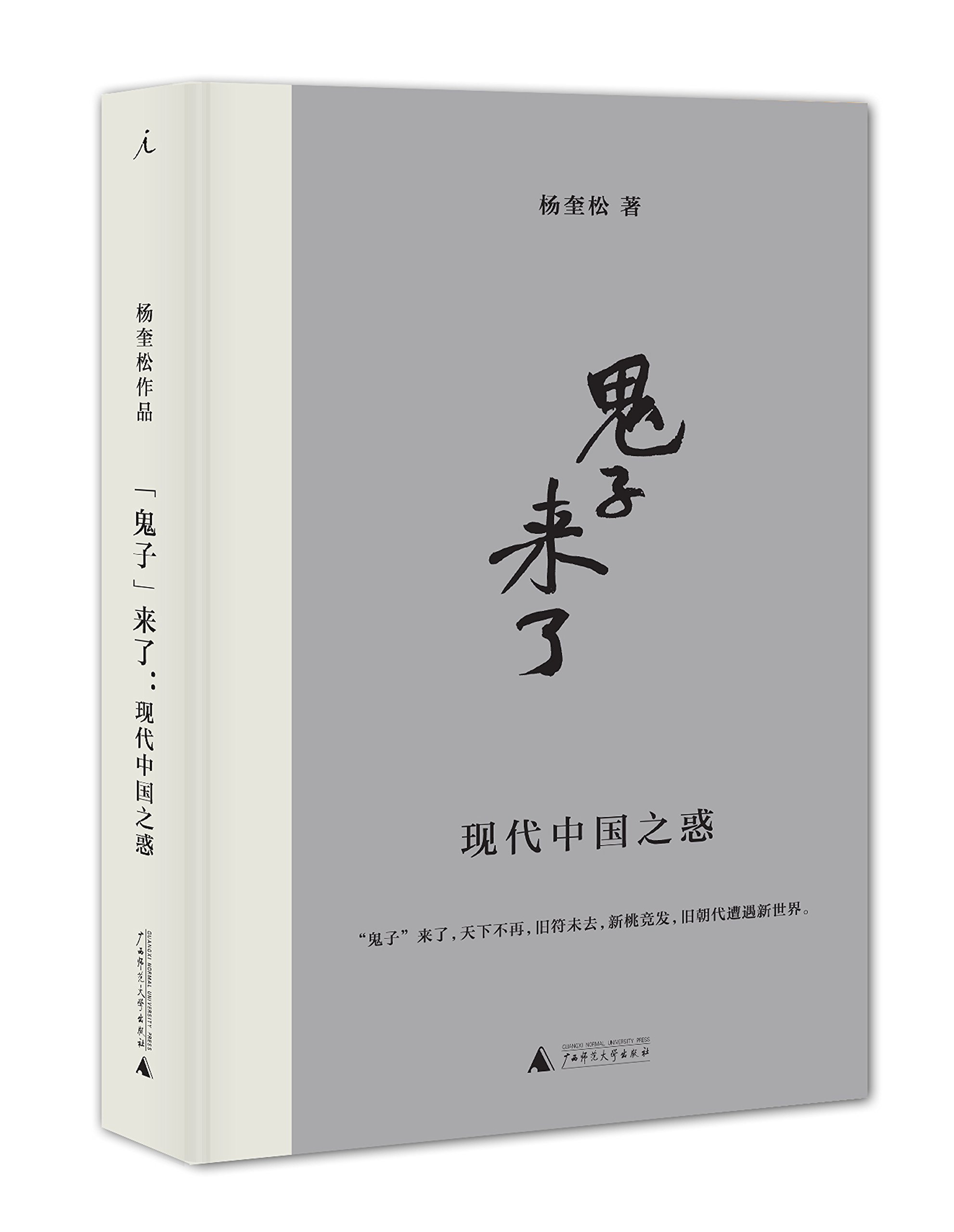"The devil is coming" is a grim reality facing backward China in the 18th and 19th centuries. This "devil" does not only refer to the Japanese "Oriental devil", in fact, this term was used by the Qing people to describe those Europeans with curly hair and high noses, similar words such as "foreign devils" and "foreigners", etc. A "ghost" word contains the confusion, incomprehension, and fear of the Chinese people who are different from themselves. Europeans who came to China before the 18th century did not know geometry, but none of them were as violent as the Opium Wars and the hegemonic exchanges that followed—vowing to integrate the land into the capitalist world system. The "devil" is coming, the "world" is no more, the old symbols have not gone, the new peach is racing, the old dynasties have encountered the new world, and the impact is so great. On the one hand, we are becoming more and more "modern", that is, we are getting farther and farther away from "ancient", on the other hand, with the increase of national knowledge, more and more people have joined the discussion of the new, the old, the Chinese and the West, and solved the confusion and incomprehension in their hearts.
Why are many Chinese people unpatriotic? How difficult is it to "restore China"? Who in this world is "transforming" whom? Love people, love hometown, or love the country? Why is the backward national revolution inseparable from foreign aid? Why is the War of Resistance Against Japan the pivot of national rejuvenation? Who the hell are we? Can we reach the ideal "happiness terminal"? Professor Yang Kuisong's "Here Comes the Devils": The Confusion of Modern China may provide us with some ideas.

The little book is less than 140,000 words long, and contains a history notebook published by Professor Yang Kuisong in Caixin Weekly for more than a year in 2015, which is, in his own words, a "historical essay." The 22 articles in the book, plus the 24 afterwords and pronouns, I think are aimed at making up enough time for a day, not forgetting to read and think every day, of course, if there are other deep meanings, this is just my own random guessing.
Let's talk about the book sequence first - the "devil" is coming! In 2000, Jiang Wen made a movie called "The Devil Is Coming", which was later banned and broadcast for various reasons, broadcast and banned. The film tells the story of a remote mountain village during the War of Resistance Against Japan who wanted to exchange trust prisoners of war with the Japanese army for benefits but was eventually slaughtered, and the audience felt that this story was unbelievable, and in the case of half of the country and the country, there were so many people who did not care about the national society, only cared about their own food and clothing, and some people blamed it as "selfish and selfish national inferiority". In this process, we overlook one thing, that is, the background of the times. If there is a person today who openly flatters Japan and the United States, countless netizens react immediately, which depends on developed information exchange technology; strong patriotic enthusiasm is related to our long-term patriotic education environment. And in the movie? People in remote mountain villages have been accustomed to the "banner of the changing king of the city" for generations, and even if his dynasty changes, ordinary people will pay grain and pay taxes to live a life, and the country and mountains will change owners. I have to admit that there are indeed such microscopic historical facts in history, but it does not show that they are not patriotic, and how can a person who does not have the concept of "country" make him patriotic?
From another perspective, why did the Chinese people's "enlightenment" from the New Culture Movement to the War of Resistance Against Japan for decades, not allow the people to establish the concept of "state"? Are decades of "enlightenment" useless? In fact, this is not the case, but modernization did not happen overnight, and the change was "gradual, long, and a very uneven process."
The saddest thing in modern times is that the "devil" is coming? The complexity of Chinese culture in the face of external shocks cannot be summed up by the two words of "sad urging". Sun Wen said earlier that it is a "world trend", "those who go along with it prosper, those who go against it die", and if there is no foreign invasion, I am afraid that we will never be able to break through the "China-centrism", let alone "open our eyes to see the world". Of course, it does not mean that the invasion of the great powers is a good deed, and its injustice is beyond doubt, but to a certain extent, it has indeed promoted the awakening of the national consciousness of the Chinese people. Japan can still rank among the world under aggression, so why can't China?